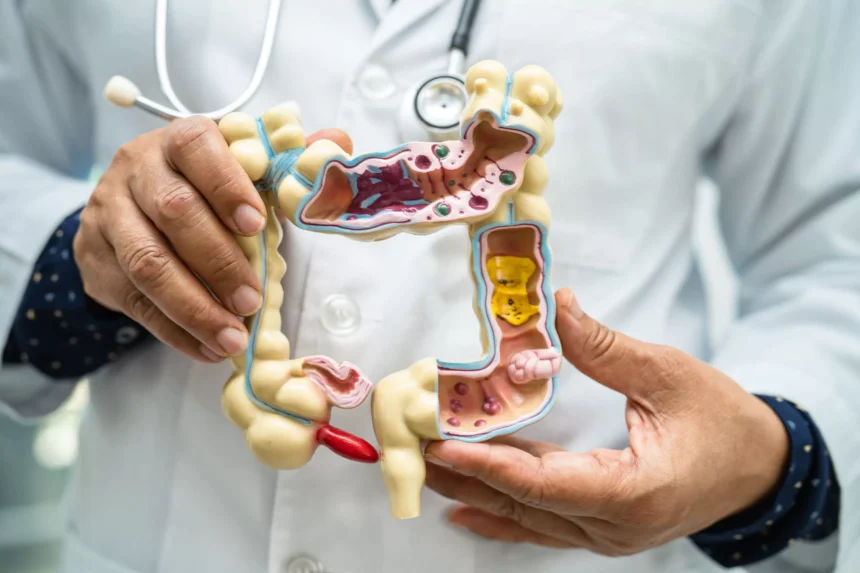Colon cancer surgery is an effective treatment for removing cancerous growths, but early detection plays a fundamental role in achieving the best outcomes. Recognizing the warning signs of colon cancer can prompt timely diagnosis and intervention before the disease progresses. Here are four key symptoms to watch for that may indicate colon cancer.
1. Persistent Changes in Bowel Habits
Changes in your normal bowel patterns that last for several weeks may signal colon cancer. These changes include chronic diarrhea that continues for more than a few days without an obvious cause. Persistent constipation that doesn’t respond to typical remedies also warrants medical attention.
The consistency and frequency of your bowel movements may change significantly. You may notice alternating periods of diarrhea and constipation. Some people experience a feeling that their bowel never completely empties after a bowel movement, even when they spend more time in the bathroom. These changes occur because tumors in the colon interfere with normal digestive processes. A colon cancer surgery or other colon cancer procedure is often necessary if cancer is diagnosed.
2. Blood in the Stool
Blood in your stool is one of the most concerning signs of colon cancer. This blood often appears bright red or dark and tarry, depending on the location of the bleeding in your digestive tract. Rectal bleeding can occur during bowel movements or appear on toilet paper after wiping.
Some people notice blood mixed throughout their stool, while others see it only on the surface of their stool. The amount of blood varies from small traces to noticeable amounts. While other conditions like hemorrhoids or anal fissures also cause rectal bleeding, any blood in your stool requires medical evaluation. A colon cancer surgeon will determine the source of bleeding through appropriate diagnostic procedures.
3. Unexplained Abdominal Pain or Discomfort
Abdominal pain that persists without an identifiable cause may indicate colon cancer. This pain often manifests as cramping, aching, or sharp sensations in different areas of your abdomen. The location and intensity of pain vary depending on where tumors develop in your colon.
Some people experience bloating or feelings of fullness that don’t relate to recent meals. Gas pains that seem more severe or frequent than usual also merit attention. The pain may worsen during bowel movements or remain constant throughout the day.
Tumors in the colon can create blockages or irritation, leading to these uncomfortable sensations. A colon cancer surgery becomes necessary to remove cancerous tissue and restore normal function. Document the frequency, location, and severity of abdominal pain to help your healthcare provider make an accurate diagnosis.
4. Unexplained Weight Loss and Fatigue
Unintentional weight loss combined with persistent fatigue often accompanies colon cancer. This weight loss occurs without changes to your diet or exercise routine. You may notice your clothes fitting more loosely or see a significant drop in numbers on the scale over several weeks or months.
Fatigue associated with colon cancer differs from the normal tiredness that follows busy days. This exhaustion persists even after adequate rest and sleep. You may feel weak or lack energy for activities you previously enjoyed. The fatigue often worsens over time rather than improving with rest. Internal bleeding from tumors can also contribute to anemia, which causes added weakness and tiredness.
Schedule a Colon Cancer Surgery Consultation Today
Recognizing these four signs of colon cancer helps you take proactive steps toward early detection and treatment. Persistent changes in bowel habits, blood in stool, unexplained abdominal pain, and unintentional weight loss with fatigue all warrant medical evaluation. A qualified colon cancer surgeon will evaluate your symptoms and recommend the most appropriate diagnostic tests and treatment plan. Contact a colon and rectal specialist today to schedule your consultation.








